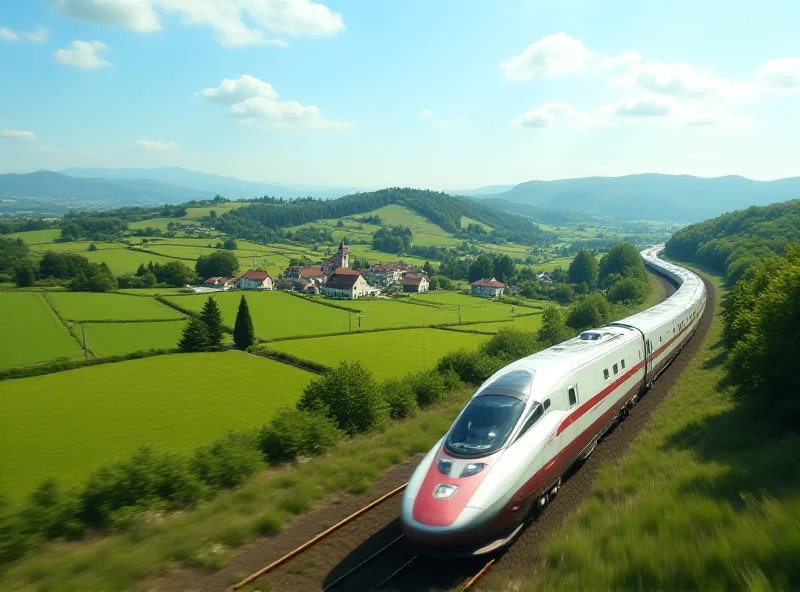Oceania is a region of immense cultural richness and diversity, from its myriad languages to its ancient traditions. This article delves into some of the fascinating aspects of this part of the world, while also contrasting it with developments in global transportation.
Papua New Guinea: A Linguistic Hotspot
Did you know that Papua New Guinea is the most linguistically diverse country on Earth? This island nation boasts an incredible 840 languages, representing a staggering 10% of all languages spoken worldwide. Imagine the vibrant tapestry of cultures woven together by this linguistic richness! It's a true testament to the country's unique heritage and the importance of preserving these invaluable forms of communication.

This linguistic diversity contributes to a vibrant cultural landscape. Each language carries with it unique traditions, stories, and ways of life. The preservation of these languages is crucial for maintaining the cultural identity of the various communities within Papua New Guinea.
Unveiling Oceania's Lost Cultures with Mr. Explorer
For those eager to delve deeper into the mysteries of Oceania, Mr. Explorer's documentary offers a captivating journey through the region's lost cultures. The film explores everything from the ancient rituals of Polynesia to the intriguing stories of Melanesian tribes. It's a visual feast that brings to life the rich history and breathtaking landscapes that define Oceania.
The documentary highlights the importance of cultural conservation and provides a deeper understanding of the challenges faced by these communities. As Mr. Explorer states, "Through this exploration, I gained a deeper understanding of the challenges faced by these communities and the importance of cultural conservation."

The Global Race of High-Speed Trains
While Oceania captivates with its cultural treasures, the world continues to advance in other areas, such as transportation. High-speed trains have revolutionized travel across the globe over the past 50 years, offering efficient and eco-friendly alternatives to air travel. From Europe to Asia, these sleek locomotives are connecting cities and transforming economies.
However, one notable exception to this global trend is America. Despite the proven success of high-speed rail in other parts of the world, the development of such infrastructure in the United States has been slow. The lack of high-speed rail in America presents a stark contrast to the advancements seen elsewhere.

The reasons for this disparity are complex, involving political, economic, and logistical challenges. Nevertheless, the absence of high-speed rail in America is a missed opportunity to improve transportation, reduce carbon emissions, and boost economic growth.
In conclusion, Oceania's unique cultural landscape, as exemplified by Papua New Guinea's linguistic diversity and Mr. Explorer's exploration of lost cultures, stands in contrast to the global advancements in transportation, particularly the widespread adoption of high-speed rail, a technology that has yet to fully take hold in America.
